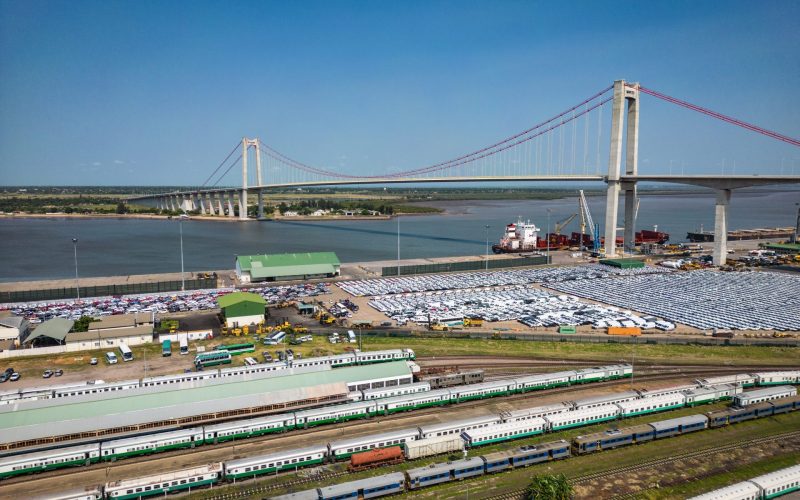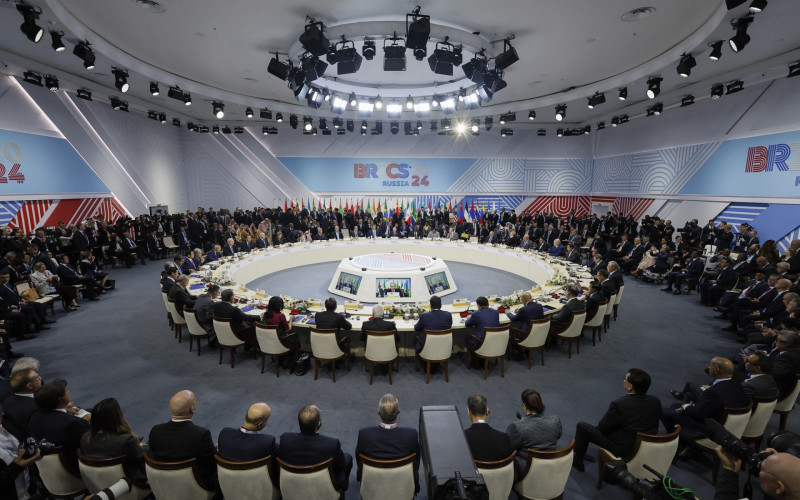The development of these global value chains (GVCs) has led to major structural changes in the world economy. The fragmentation of production processes has caused greater integration of world markets. Multinational companies are increasingly offshoring and outsourcing jobs and tasks. International competition no longer takes place between industries and businesses in different countries according to comparative advantages, but increasingly between workers and their skills. They are still located in different countries, but may well work for the same companies. Countries no longer specialise exclusively in goods and services, but more and more in tasks.
These activities occur primarily among developed countries, but also among certain developing or emerging economies. African, Caribbean and Pacific (ACP) countries, the focus of this report, are only integrated in GVCs to a very limited extent. When one looks at the group of ACP countries, their huge heterogeneity in terms of geographical characteristics and economic development is immediately apparent. Furthermore, their generally small economic scales, and the prevalence of small-scale producers and suppliers, mean that plugging into existing value chains co-ordinated by multinational corporations (MNCs) is difficult.
In order to assess the best strategies that can be used to integrate into world trade, this report first analyses the potential of ACP countries to integrate into GVCs. However, it is also necessary to look at the relevance of regional value chains (RVCs) as opposed to GVCs. As Mumuni states, ACP countries also try to address the challenges of integrating into world trade via South–South co-operation. Integration at the regional level among less demanding partners may offer a viable stepping stone to subsequent integration into GVCs.
This study first shows the relevance of GVCs and global production networks in general, after which it considers the challenges of fragmentation for ACP countries.It analyses the role of GVCs in modern trade and development and then shows the problems faced by ACP countries wishing to integrate into GVCs and upgrade within them. Accordingly, it clusters the heterogeneous ACP countries into groups with similar characteristics before asking what they can do to integrate into value chains, whether global or regional. The final section summarises the policy options developed in the course of the analysis.








